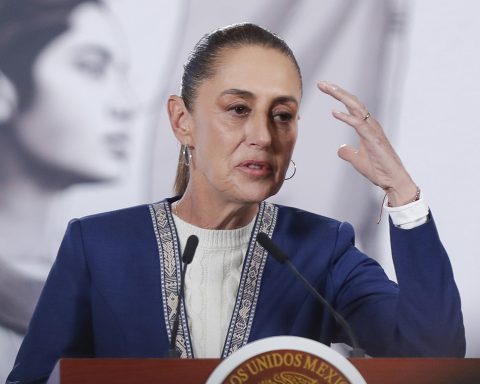The Chamber of Deputies approved today (3) the text of Provisional Measure (MP) 1108/22 that regulates teleworking and changes rules for food aid.
The text was approved by 248 votes in favor and 159 against. The MP now goes to the Senate and needs to be voted on by Sunday (7), when it expires.
Among other points, the MP considers telework or remote work to be provided outside the employer’s premises, predominantly or not, with information and communication technologies and that does not constitute external work.
The text presented by the rapporteur, deputy Paulinho da Força (Solidariedade-SP), provides that the telework regime will be by journey, production or task. However, the proposal excluded the forecast of application of the daily working day of up to eight hours, the payment of overtime, payment of additional value for night work, as stated in the Consolidation of Labor Laws (CLT).
Employees on a telework basis are subject to the provisions set out in local legislation and collective bargaining agreements in the territorial base where the employer hired the worker. Apprentices and interns will also be able to telework.
The MP also says that the use of tools, such as emailsoutside working hours will not be considered as on-call and that employers will have to give priority to the remote regime for employees with children up to four years old.
Negotiation
In addition, the MP says that the negotiation of the working day will take place individually, between the worker and the employer. “Individual agreement may provide for the schedules and means of communication between the employer and the employee, provided that legal rest periods are ensured”, says the text.
The rapporteur even defended that the rules of remote work be defined in collective negotiation between unions and companies, but he accepted the provision of individual contract, defended by the government in the original text of the original MP.
“I imagine that those who understand each of the categories best are workers and businessmen in the sector, and collective bargaining could solve the problem”, said Paulinho. “We are making a law that we will have to correct in a while,” he said.
The government leader in the Chamber, deputy Ricardo Barros (PP-PR), recognized the work of the rapporteur to reach a consensual opinion. “The government is in favor of the original text, but recognizes the effort that was made,” said Barros.
Opposition deputies criticized the text, arguing that the measure represents a setback for workers’ rights, for not considering what the CLT provides.
“It will be a super-exploitation, a maximum precariousness of work and it will be a regime very close to slavery, criticized deputy Bira do Pindaré (PSB-MA). “This is going backwards. It’s going back to the beginnings of capitalism where there were no working hours, no vacations, there was nothing. It took workers all over the world to unite to win these rights,” he added.
Deputy Tiago Mitraud (Novo-MG) defended individual negotiation between the worker and the employer to define teleworking. “Let the contractor and contractor resolve the issue as they see fit,” he said.
Meal ticket
The text of the MP also says that the food aid will be intended exclusively for the payment of meals in restaurants or foodstuffs purchased in commerce.
The MP also prohibits companies from receiving discounts when hiring food ticket suppliers.
















